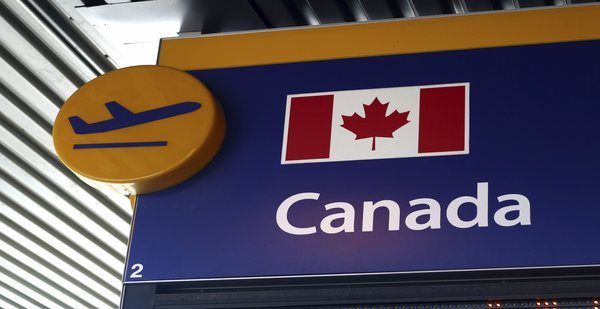So you’re taking a business trip to Toronto. Or taking a fishing trip with your two boys to Northern Saskatchewan. You arrive at the airport, enter customs, and are stopped in your tracks. The Canadian Border Services has pulled up your file, and sees the DUI conviction you had eight years ago. They immediately deny you entry to Canada on the grounds that you are “criminally inadmissible”.
Unlike most other countries, which don’t consider DUIs a criminal offense, Canada’s Criminal Code deems driving under the influence of drugs or alcohol a full crime; people convicted are found to be “criminals”. It doesn’t matter if the violation occurred outside Canada, or if it was considered a felony, misdemeanor, or traffic violation. Any instance of drinking and driving on your record can (and most often will) result in a refusal of admittance to Canada.
Current laws in Canada require people trying to enter the country with DUIs be “rehabilitated” prior to entry. Criminal rehabilitation means a person has either gone through a process of reformation, or a sufficient amount of time has passed―in Canada 10 or more years―to be deemed rehabilitated.
If less than five years have passed since your violation, the only option to enter Canada is with a Temporary Residence Permit (TRP), which allows you to become admissible to Canada on a temporary basis. The permit can be issued for any length of stay up to a period of three years. The process to obtain a TRP can take six to 12 months, so it’s best to start the application process as early as possible.
However, a TRP is only a temporary solution. If five or more years have passed, you can apply for “Criminal Rehabilitation” to be granted the right to travel to Canada as any ordinary citizen. This application can take up to a year to process, and allows you to cross into Canada freely from that point onwards.
Even a minor offense, such as a DUI, can have detrimental effects on your life and limit your travel and career opportunities. If you need to enter Canada, we can help!
